The latest offering from the StarKings Tv stable, ULAGA, arrived with the heavyweight promise of two Nollywood titans: the intensely commanding Yul Edochie and the ever-versatile Lizzy Gold Onuwaje. In a cinematic landscape increasingly saturated with high-production value streaming content, the question for any new Nollywood release is simple: does it elevate the craft, or does it rely on star power and familiar tropes? Clocking in at over 103 minutes, ULAGA attempts to dissect the deep-seated conflicts arising from communal power struggles and tragic family secrets. It’s a film with ambitious thematic scope, yet one that constantly wrestles with its own execution.
This review dives deep into the intricate, sometimes frustrating, world created by the director—a world where every powerful gaze, every drawn-out monologue, and every jarring cut matters. By analyzing the narrative integrity, the technical choices, and the star performances, we determine whether ULAGA is a must-watch cultural touchstone or a cautionary tale of dramatic excess.
The Core Conflict: A Pacing Paradox in the Second Act
ULAGA (a title that suggests power or authority, depending on its specific cultural usage) sets up a premise that is, regrettably, far from original. The film hinges on the familiar Nollywood structure: a small, tradition-bound community facing an existential threat (be it internal corruption or an external force) that can only be solved by a hero—or, in this case, a complex, flawed protagonist.
The Inciting Incident: A Familiar Trope
The opening 15 minutes, while visually engaging, are spent painstakingly assembling the dominoes of the plot. We are introduced to the revered community elder, Eze (played with a weary gravitas by a veteran supporting actor), whose sudden, cryptic illness serves as the catalyst. This is the classic “Elder Must Die” trope, designed to throw the village into disarray. What is effective here is the underlying sense of dread, conveyed through low-key lighting and somber background chanting.
However, the film then spends an excessive amount of time in the aftermath, with repetitive village council meetings where the same information is recycled. Instead of showing the escalating tension, the script tells us about the impending crisis. This reliance on exposition, particularly in the pivotal 20-minute sequence detailing the reading of the elder’s testament, significantly slows the momentum right when the stakes should be rising.
The Second Act Drag: Too Much Exposition, Not Enough Action
The bulk of the film—the entire second act—is devoted to the simmering rivalry between Edochie’s character, Chibuzo, and his antagonist, Ikenna. While the tension between them is palpable, the script dictates that they must spend several key scenes articulating their motivations through lengthy, self-aware monologues.
In one particular scene, set against the backdrop of a dusty marketplace, Chibuzo delivers a four-minute speech to his wife about his commitment to justice. While Edochie sells the performance with his signature intensity, the scene adds little new information. A more skilled directorial hand would have conveyed this internal conflict through subtle visual cues, allowing the audience to infer the pressure, rather than having the character state it explicitly. This padding is the film’s chief narrative flaw, turning what should have been a taut, 90-minute thriller into a sprawling, 103-minute drama that demands patience.
The Battle of the Leads: Performance Transcending Script
The reason to watch ULAGA is undeniably the dual-force of its leads. Lizzy Gold Onuwaje and Yul Edochie are both known for their dramatic, large-scale performances, and their casting here promised an explosive on-screen dynamic.
Lizzy Gold’s Powerhouse: Transcending the Script
Lizzy Gold, as the character Ada, the wife caught in the political crossfire, delivers what is arguably the film’s strongest performance. Where the script occasionally falters into generic melodrama, Lizzy Gold anchors Ada with genuine, heart-wrenching emotional consistency.
We see this most vividly in the pivotal mid-film confrontation scene where she challenges Chibuzo’s actions. The camera, thankfully, stays tight on her face, capturing the nuanced transition from silent, seething frustration to explosive, verbal defiance. Her tears are not just a display of sadness; they are the tears of a woman who understands the crushing weight of traditional expectations and political folly. She doesn’t just read the dialogue; she makes the audience feel the personal toll of the community conflict.
Yul Edochie’s Restraint: Was it Effective?
Yul Edochie’s Chibuzo is characterized by a brooding, almost stoic sense of responsibility. Edochie dials back the theatricality often seen in his earlier work, opting instead for restraint. His physical presence carries the weight of his office, with every movement feeling deliberate.
The critique here isn’t in the quality of his acting, but in the character’s design. Chibuzo is written as almost too noble, too infallible in his judgment, which gives him a predictable arc. While Edochie masterfully uses his eyes to convey inner turmoil—particularly in the quiet introspection scene by the river—the character’s lack of genuine moral ambiguity prevents Edochie from truly soaring. He performs the role perfectly, but the role itself feels constrained.
Chemistry Check: The Sparks That Didn’t Quite Fly
Despite the individual brilliance, the chemistry between Gold and Edochie is strangely muted. Their relationship feels more transactional than passionate, perhaps an intentional choice by the director to reflect the high-stress environment of their lives. However, in the moments requiring genuine intimacy or explosive marital conflict, the connection seems to snap, leaving the audience feeling a slight emotional disconnect. They act next to each other, rather than with each other.
Cinematic Choices: Direction and Technical Gaps
The directional and technical aspects of ULAGA highlight the persistent duality of modern Nollywood: ambition hampered by production realities.
The Wide Shot Obsession: Framing and Atmosphere
The cinematographer clearly favors wide, establishing shots—a decision that visually grounds the story in its rural setting. However, this preference becomes a crutch. In scenes demanding intimacy, such as the indoor conversation between Ada and Eze, the camera remains too distant. This wide framing makes the drama feel small and removed, working against the emotional intensity of the dialogue. The lighting, while generally competent, occasionally suffers from noticeable inconsistencies, with shadows falling unevenly across faces during dialogue exchanges, suggesting rushed setups.
The Sound of Silence (or Lack Thereof): Dialogue and Mixing
The sound design is a mixed bag. The original score, dominated by melancholic flute and traditional percussion, is evocative and successfully sets a traditional tone. Yet, the overall sound mixing is a major distraction.
Dialogue clarity is paramount in a drama of this nature, but certain lines, particularly those delivered in hushed tones, are overpowered by the ambient background noise. Furthermore, the Foley work (the creation of sound effects) feels synthetic; the sound of footsteps on the dirt path or the slamming of a wooden door often sounds exaggerated and detached from the visual action, undermining the film’s authenticity.
An Editor’s Dilemma: Jumps and Continuity
The editing rhythm is uneven. While the dramatic montages are cut competently, the dialogue scenes are often structured with jarring jump cuts during reaction shots. This lack of smooth, continuous flow contributes heavily to the film feeling longer than its runtime. The most noticeable issue arises in the climax sequence, where a sudden change in time of day (from late afternoon to full twilight) occurs between two consecutive shots, a clear continuity error that breaks immersion at the most critical moment.
Thematic Depth: Beyond the Drama
ULAGA’s attempt to tackle weighty themes is commendable, even if the execution is heavy-handed.
Tradition vs. Modernity: A Thinly Veiled Argument
The central thematic conflict is the clash between entrenched, superstitious tradition (represented by the village council’s stubborn adherence to ancient rituals) and the modern, educated desire for progress (embodied by Chibuzo). The film takes a clear, almost instructional stance, presenting the traditions as obstacles to be overcome.
While the message is clear, the portrayal of the traditionalists lacks nuance. They are painted as one-dimensionally stubborn, which reduces the potential for a richer, more complex thematic debate. The film preaches the necessity of change rather than allowing the audience to explore the validity of both sides.
What ULAGA Gets Right About Community
Where the film truly shines thematically is in its depiction of the community as a breathing, gossiping, and ultimately interconnected entity. The crowd scenes feel natural, and the small moments of communal grief or shared celebration feel genuinely organic, a credit to the director’s skill in managing large groups. The film reminds us that in this setting, personal tragedy is always public domain, elevating the emotional stakes for the leads.
Verdict & Call to Watch
ULAGA is a film defined by its contradictions. It possesses two highly capable lead actors who deliver strong individual performances, yet fail to ignite the screen together. It has a compelling, socially relevant premise, but it is buried under excessive exposition and uneven pacing. Technically, it meets the basic standard for a mainstream Nollywood release but suffers from avoidable sound and editing continuity issues.
Ultimately, ULAGA is a film that you watch for the sheer power of Lizzy Gold Onuwaje’s performance and the opportunity to witness Yul Edochie in a more controlled, introspective role. It is not a masterpiece, but it is a solid piece of dramatic cinema that offers genuine moments of emotional resonance, provided you can navigate the slow-burn narrative.
If you are a fan of classic Nollywood dramas that tackle community conflict and family secrets, and you have the patience for a second act that takes its time, add ULAGA to your watchlist immediately. It’s worth the runtime just to study the subtle brilliance of Lizzy Gold’s acting.
Star Rating: ★★★☆☆
#UlagaMovie
#NollywoodDrama
#LizzyGoldYulEdochie
#NollywoodTimes
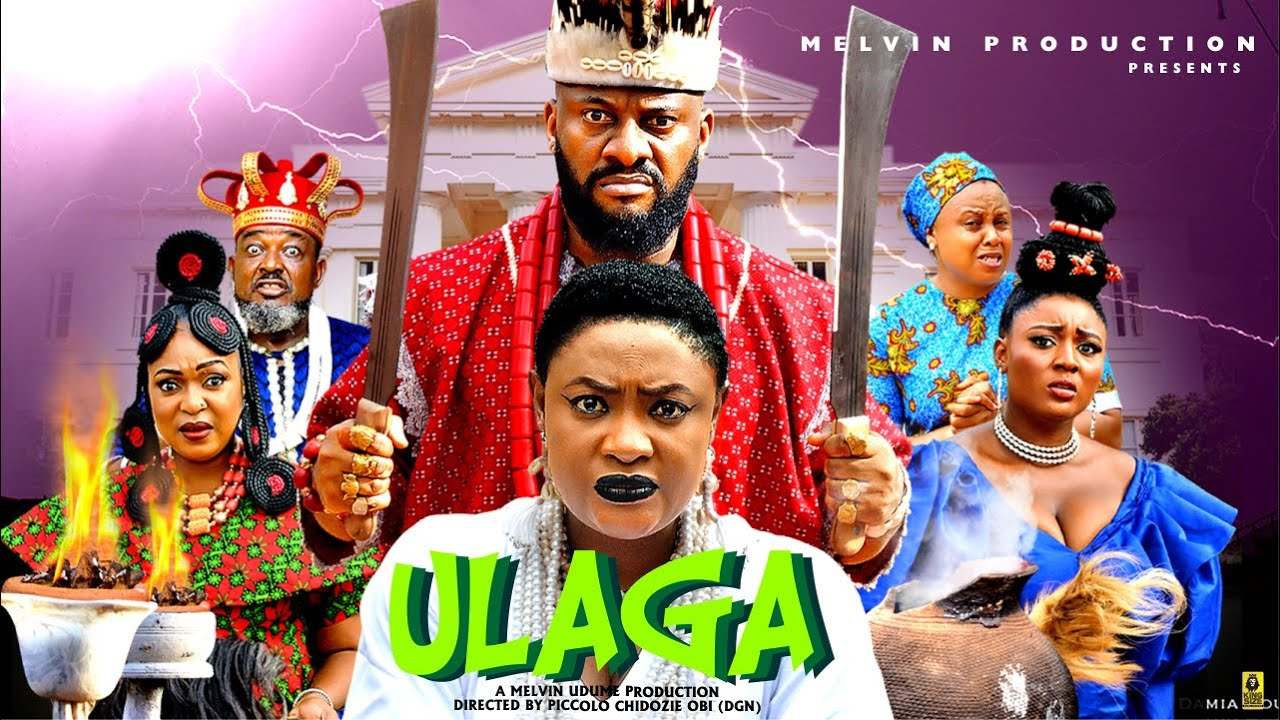


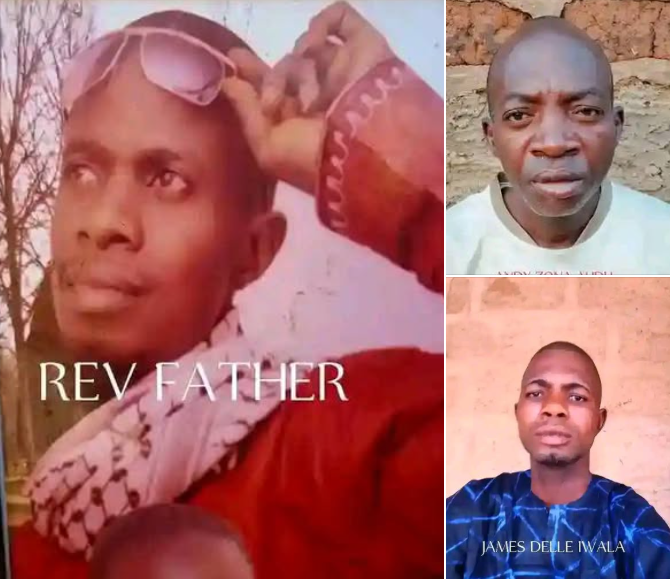
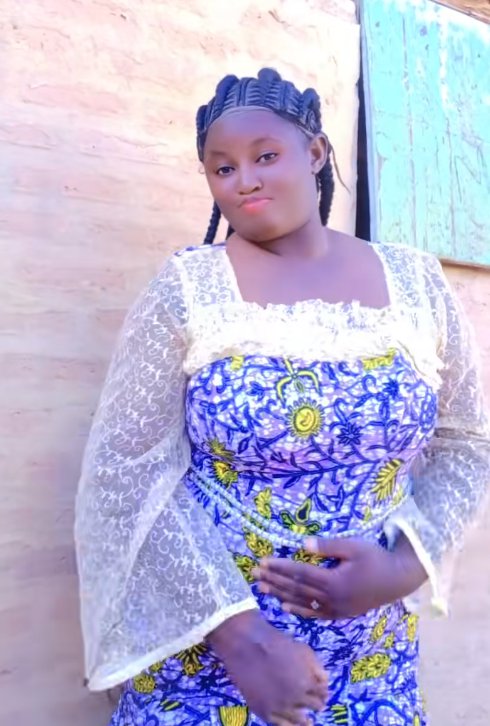







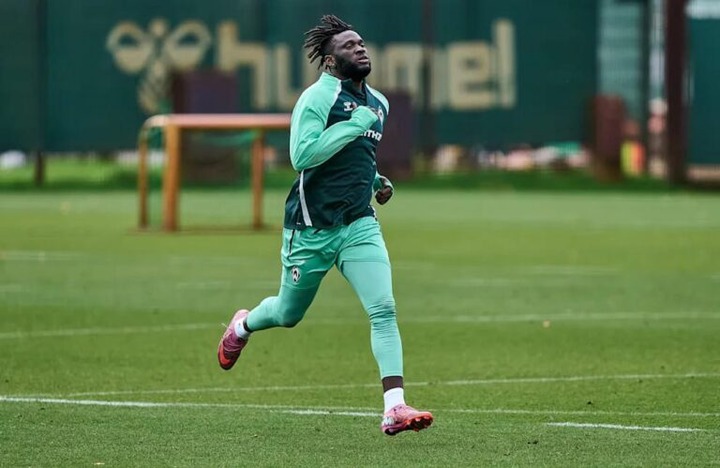
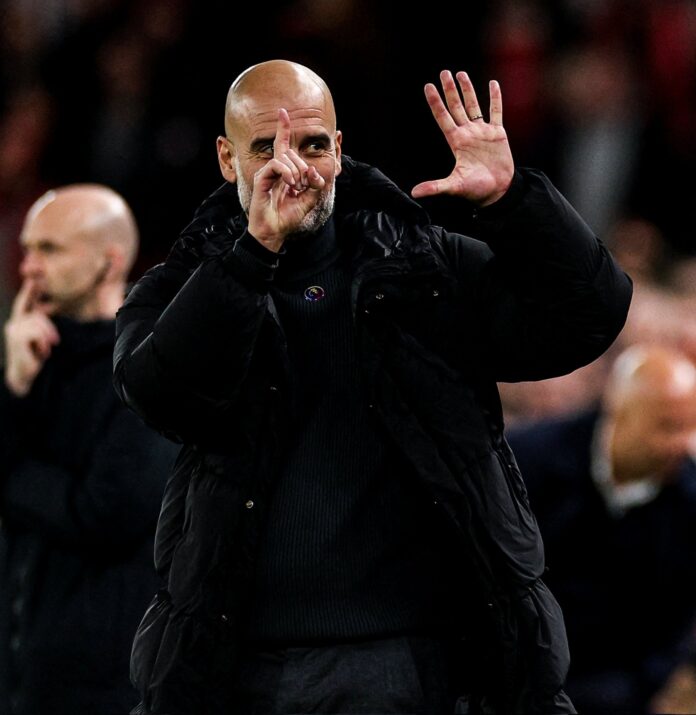
Leave a Reply